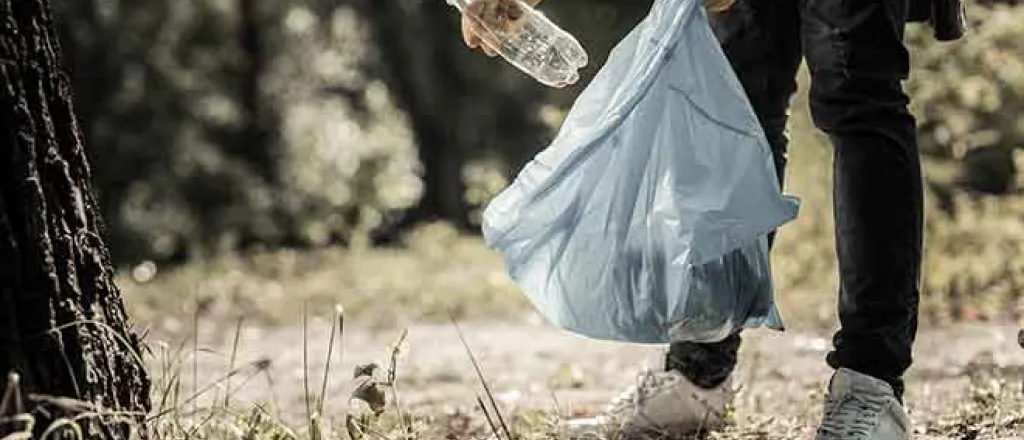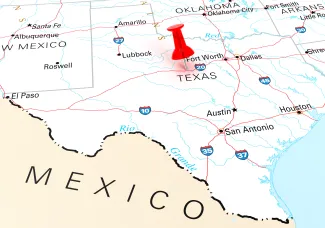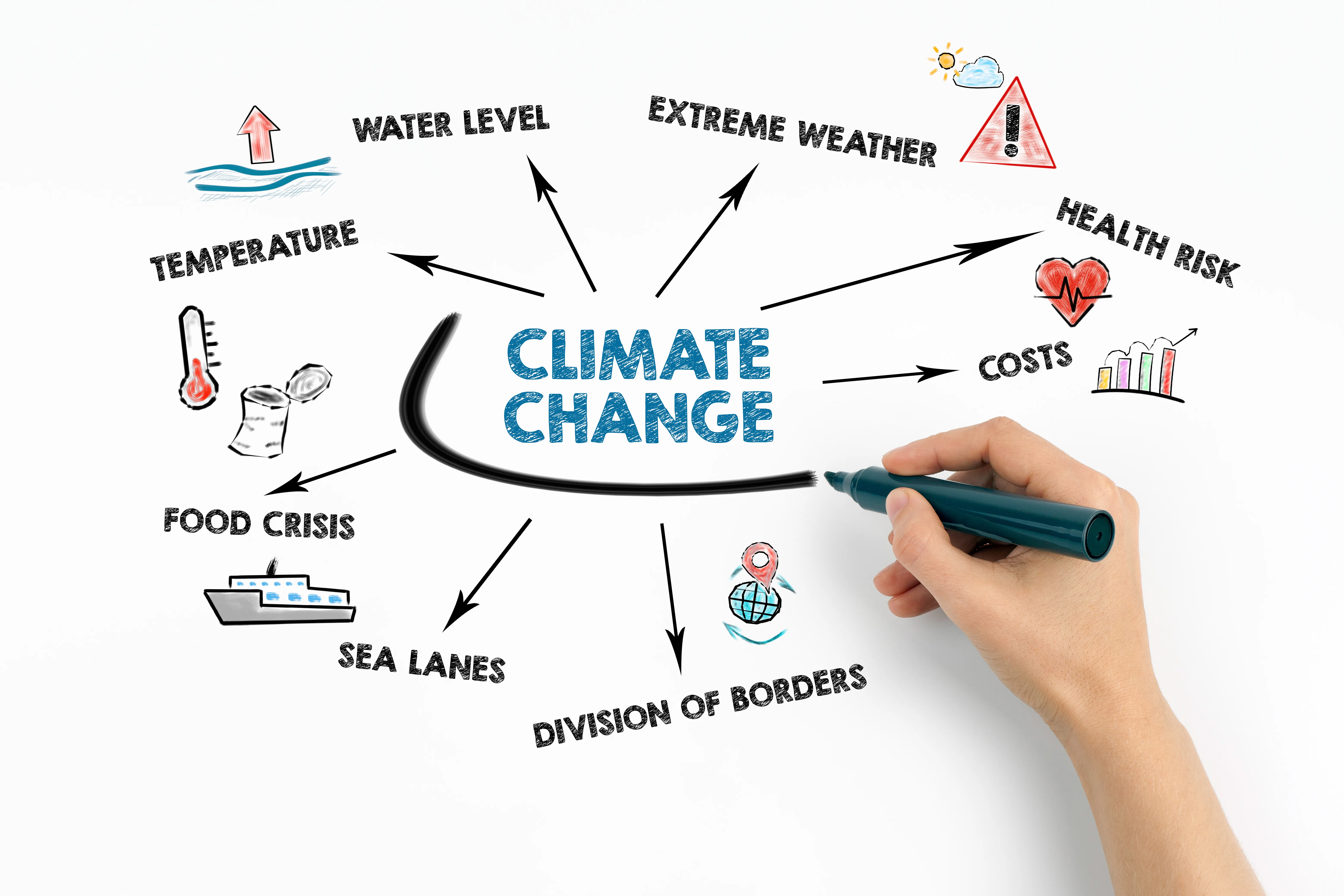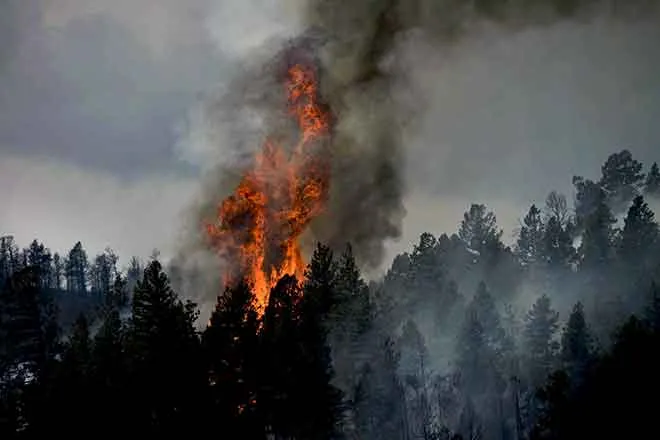
Texas environmental groups fight for global plastics treaty
Click play to listen to this article.
(Texas News Service) Environmental groups in Texas are backing a proposed global plastics treaty set to be finalized by the end of the year.
The treaty aims to minimize plastic's effect on the environment and make manufacturers responsible for managing plastic waste. The treaty also encourages the use of reusable options, such as single-use bags, straws and utensils.

Cheyenne Rendon, senior policy officer for the Society of Native Nations, said supporters need to focus on the people the treaty will serve.
"The United States has already conveyed that they're not willing to operate out of current existing laws," Rendon pointed out. "Although their approach is, they are for the global plastics treaty, it's at the lowest denomination of a treaty as possible. So that's why we have to lead with this with a human-based approach. How are we going to take care of not only our planet, but our people?"
Texas is one of the largest producers of fossil fuels and plastic in the nation, with most coming from the Houston Ship Channel. It is the second-largest petrochemical complex in the world and surrounded by low-income communities of color. People in the area have life expectancies up to 20 years shorter than those in white communities just 15 miles away.
Amnesty International recently deemed the Houston Ship Channel a "sacrifice zone," meaning residents suffer devastating physical and mental health consequences, along with human rights violations from living in pollution hotspots.
Yvette Arellano, founder of the group Fenceline Watch, said they have promoted environmental change at the local and state levels for years. They argued by backing the plastics treaty, they are taking their concerns nationally and globally.
"We're in collaboration with over 300 other organizations, from grassroots to academics and legal organizations," Arellano explained. "Trying to uplift the severe human rights violations that petrochemical companies and the fossil fuel industry, along with false solutions they're bringing along."
Arellano added there is no way for people living in the area to escape the poison.
"Whether we are at home, outside gardening or spending leisure time with family, whether we're at school at the grocery store, at the post office," Arellano outlined. "We're consistently and continuously being poisoned with full and free license to, on behalf of our regulatory agencies."
The groups will testify at the United Nations later this year.
















